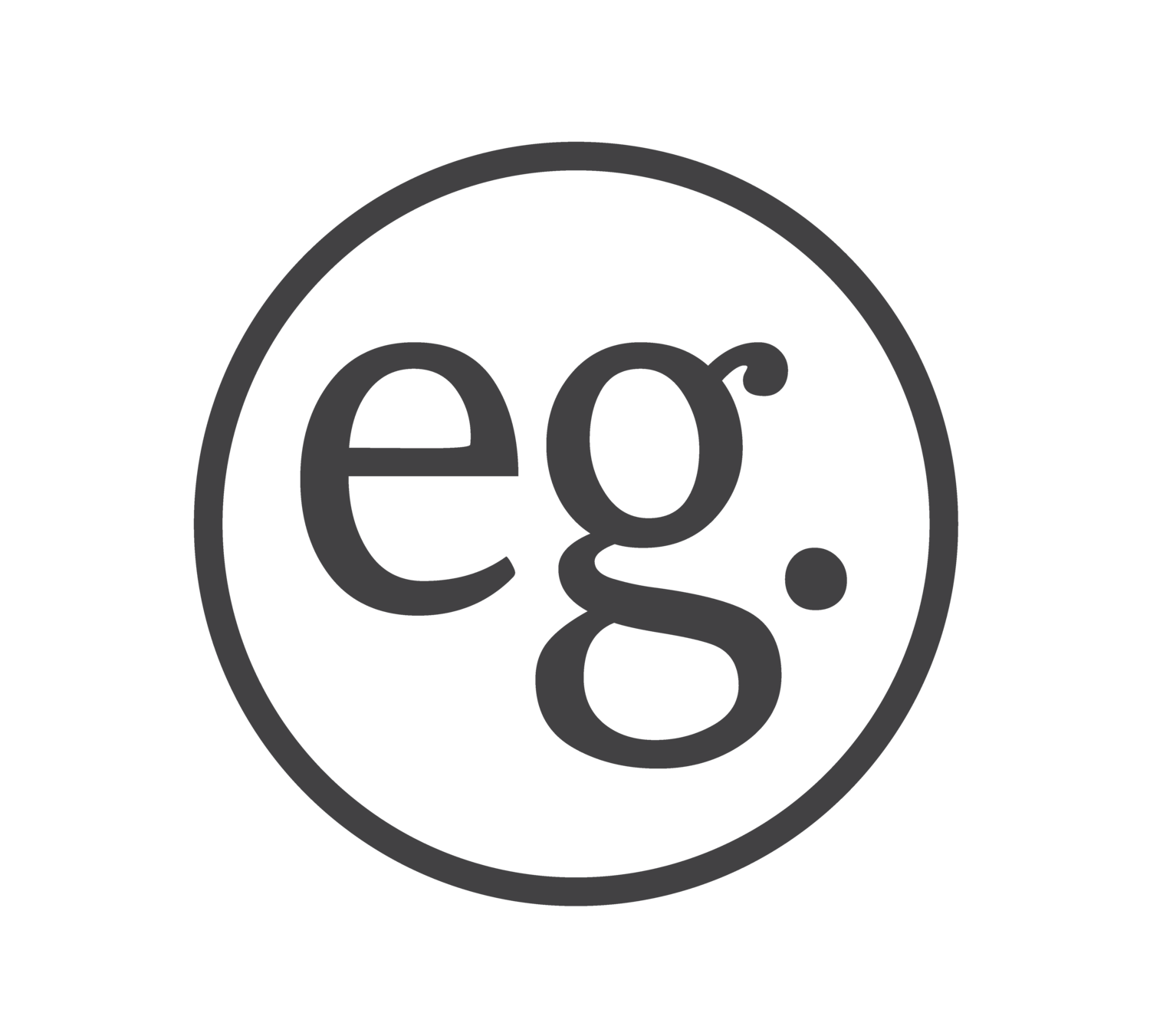Why must we know if a work of fiction is autobiographical?
When you tell someone you’ve written a novel, they first politely ask you what it’s about, and then, usually, this question follows: “So, is it… based on you?’
Sometimes it’s just as direct as that, and sometimes it’s more subtle, trying to work out in piecemeal if the story is your own very personal one. It always takes me by surprise, the directness of the assumption. I naively thought writing fiction would let you off the hook to any sort of personal boundary intrusion. Turns out writing fiction isn’t that much of a barrier at all when you’re a woman writing a female character — it might as well be a memoir. Generally, the assumption seems to be that I’ve probably written a ‘thinly-veiled’ story about my own life especially as I have written a story about a 30-something child-free woman, and I am currently a 30-something child-free woman. “The whole thing is made up,” I usually respond, defensively.
Which is true. I am not my character Olive. She has a different worldview, life choices, a distant mother, an absent father, a personality type different to mine, a heartbreak I’ve never experienced, oh and brown hair. But it’s also true that I am Olive — everything I’ve put into her came from me, and in many ways she does reflect a lot of my own insecurities. Is Olive about me? I don’t know. Probably. But I wish I could push back on the ‘is it autobiographical?’ question, especially as it seems to be only directed at female writers. But then am I being dishonest if I dodge the question?
Of course, most pieces of writing do reflect the author in some way. Maybe not directly, but the stories we write come from somewhere within, and sometimes we can spot clues. There is an honesty to fiction because you get to stand fully naked within the writing but with an invisibility cloak on — sharing truths or thoughts through the mouths of your characters. In memoir writing, you have to change so many details that it might as well be made up. In my first book, Ctrl Alt Delete How I Grew Up Online, I had to change so many dates, names, heights, hair colours and details (there was a whole legal process dedicated to making sure nothing ‘too personal’ was revealed about people in the book which I completely understood) — so the real people in book ended up becoming characters. I ended up feeling so distanced from the specific details of the book that it felt like fiction. For example my ex-boyfriend had a different name and hair colour in the book, so was I even writing about him anymore? With my novel Olive, however, I can’t help but feel entirely exposed.
Women are often asked this question more than men. Charlie Brooker isn’t asked if Black Mirror is based on his life. No one assumed the writer of Breaking Bad was addicted to meth. We don’t ask Ricky Gervais if The Office is based on his actual love life. And yet: so many female writers are on the receiving end of constant assumptions that they are their characters. I squirm when Sally Rooney, Candice Carty-Williams or Holly Bourne are asked if their fiction is based on something that must have happened to them — or treated as being synonymous with one of their characters. I roll my eyes when Lena Dunham, Mindy Kaling or Phoebe Waller-Bridge are repeatedly thought of as playing themselves when they perform their writing — or treated as if they (the actor) had said a line in real life, when it was taken from a fictional script.
I keep thinking about Sally Rooney’s answer to this, when asked in an interview back in 2017, whether her short story Mr Salary was autobiographical:
“I could say that one episode near the close of the story is drawn from real life [..] How does that information make the scene different for readers? Does it imbue the reading experience with some kind of increased authenticity because of its proximity to my real life? Or does it imply that rather than being the invention of a creative mind, this incident was just something that happened to me as a passive observer? In which case, is the story somehow less “literary”?

